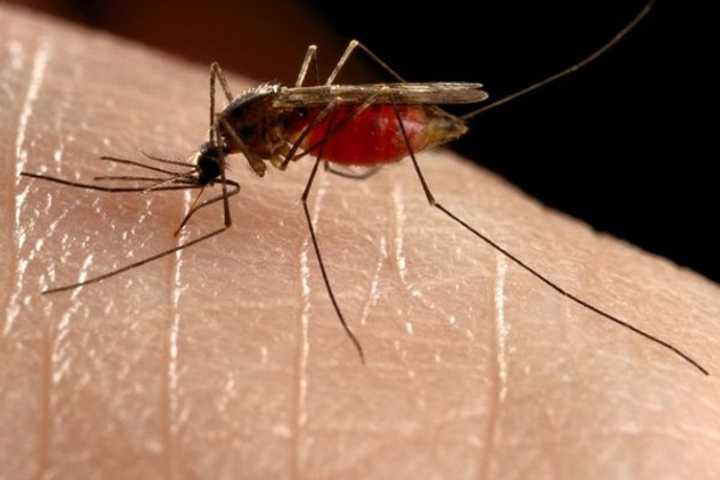There have been 69 cases in 16 states nationwide with the most in Arizona, according to the U.S. Centers for Disease Control.
A Winslow Township resident contracted the virus, according to the Camden County Department of Health, which said it learned of the positive test on July 17 and launched an investigation. Additional details were not released.
The Camden County case is among the first in the eastern U.S. this year — with single cases in Maryland, West Virginia, South Carolina and two in Georgia, according to the CDC.
“West Nile virus typically affects a small number of New Jersey residents each year, however residents should remain vigilant and watch for symptoms,” said Commissioner Virginia Betteridge, liaison to the Health Department. “The Camden County Department of Health is continuing to work with the Mosquito Commission to ensure that additional spraying and testing will be conducted in the area.”
The health department advises people to remove standing water from their property to control the number of mosquitoes that might congregate and to use Environmental Protection Agency-registered insect repellent.
West Nile virus (WNV) is the leading cause of mosquito-borne disease in the continental United States, according to the CDC.
It is most commonly spread to people by the bite of an infected mosquito. Cases of WNV occur during mosquito season, which starts in the summer and continues through fall. There are no vaccines to prevent or medications to treat WNV in people.
Most people infected with WNV do not feel sick. About 1 in 5 people who are infected develop a fever and other symptoms, the CDC says. About 1 out of 150 infected people develop a serious, sometimes fatal, illness. You can reduce your risk of WNV by using insect repellent and wearing long-sleeved shirts and long pants to prevent mosquito bites, the CDC says.
Symptoms of the virus include fever, headache, altered mental status, and other neurologic dysfunctions.
West Nile is the leading cause of mosquito-borne disease in the continental United States, though four out of five people who are infected do not feel symptoms.
Only one in 50 people who are infected will develop a serious illness.
Early symptoms of the virus may be confused with common viral illnesses, officials said. Laboratory tests are needed to confirm it, but there is no specific treatment for it.
More severe symptoms such as swelling of the brain can lead to coma, convulsions and death, officials said. People over age 50 and people with weak immune systems are at greater risk of developing severe illness.
Click here to follow Daily Voice Lyndhurst and receive free news updates.

